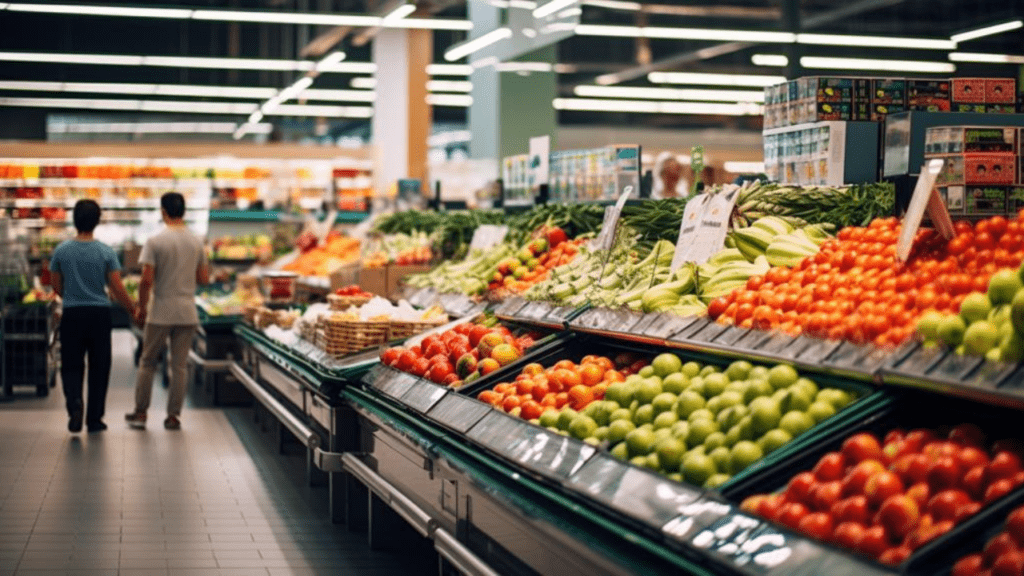Photo was created by Webthat using MidJourney
Supermarket Executives Defend Industry’s Competitiveness
Executives from Tesco, Sainsbury’s, Asda, and Morrisons appeared before MPs and rejected accusations of excessive profit-making, stating that the supermarket sector is currently experiencing its highest level of competitiveness.
Denial of Excessive Profits and Customer Protection Claims
In response to scrutiny over high food and fuel prices, supermarket bosses emphasized their commitment to shielding customers from the full impact of rising costs. They refuted claims of making excess profits and highlighted efforts to mitigate the effects of increased energy, labor, and commodity prices.
Competition Watchdog Investigates Food and Fuel Prices
The competition watchdog is currently investigating the levels of food and fuel prices, examining whether insufficient competition has led to customers overpaying. This inquiry aims to address concerns surrounding rising grocery prices and their impact on the overall inflation rate in the UK.
Persistent Rise in Food Prices Despite Falling Wholesale Costs
Despite a slight decrease in the rate of increase, food prices in the UK continued to rise, contributing to elevated inflation. Supermarket executives faced questions regarding the disparity between wholesale cost reductions and consumer prices. The executives emphasized that price adjustments take time to reflect changes in wholesale costs.
Opposition to Price Caps on Essential Foods and Cartel Accusations
During the committee hearing, supermarket executives expressed opposition to implementing price caps on essential food items. They dismissed suggestions of colluding to set prices, asserting that the UK retail market remains highly competitive.
Calls for Transparency on Fuel Prices and Brexit’s Impact on Food Inflation
The executives voiced support for increased transparency in fuel prices, following discussions on regional price variations. Additionally, a study by the London School of Economics linked nearly one-third of food price inflation since 2019 to the impact of Brexit, adding to the complexities surrounding rising prices in the supermarket industry.
CLICK HERE TO READ MORE ON WEBTHAT NEWS

